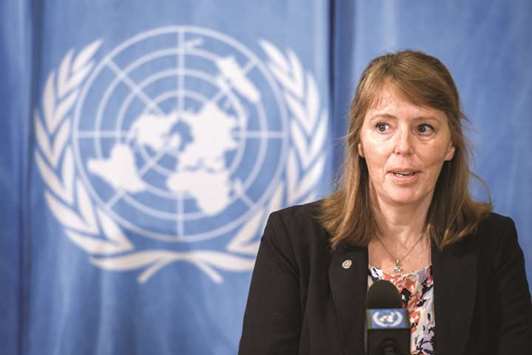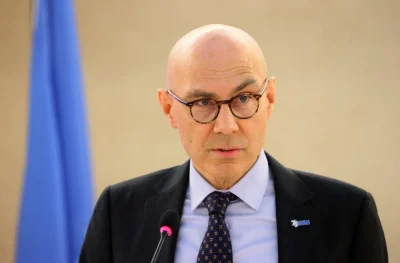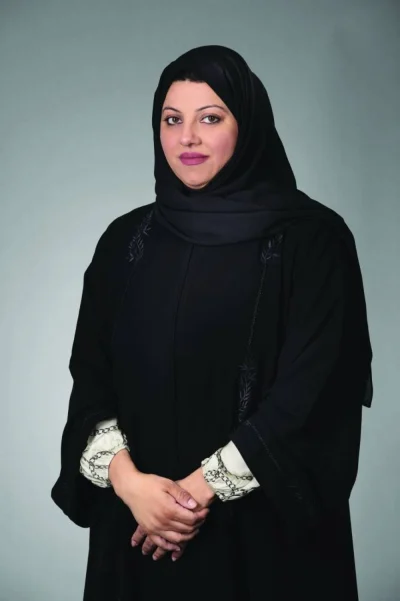A UN expert on the rights situation in Cambodia decried yesterday that laws were being used to rein in dissent and were creating a “climate of fear” in the country. UN Special Rapporteur for Cambodia Rhona Smith voiced alarm over a significant deterioration in the country’s political situation over the past year and urged the government to change course.
In the run-up to controversial July elections, premier Hun Sen and his ruling Cambodian People’s Party backed a crackdown on perceived threats, including the shuttering of media outlets and jailing of political opponents and journalists. The main opposition party, the Cambodia National Rescue Party (CNRP), was dissolved, clearing the way for the CPP to take all 125 parliamentary seats in the vote.
This effectively rendered Cambodia a one-party state, which the international community has decried as a death knell to democracy.
Speaking to reporters in Geneva, Smith lamented the crackdown on political opposition, civil society and the media in Cambodia.
“Laws are increasingly being used in Cambodia to oppress the opposition and silence dissent and create a climate of fear,” she said.
In a report on the vote submitted to the UN Human Rights Council, she also said the decision to dissolve the CNRP and ban a large number of senior members of the former opposition from all political activity “seriously calls into question the genuineness of these elections”.
The elections, she said, had “consigned multiparty liberal democracy to history for the next five years”.
She stressed that prior to the July vote, elections in Cambodia had been steadily improving in terms of compliance with international human rights standards and Cambodian laws. And she said it was “encouraging” that a number of those detained in the run-up to the vote had been released and some pardoned after the results were confirmed.
But she stressed that many of those freed remained under judicial supervision, meaning the charges against them had not been dropped, and they remain at risk of being detained again at any time while awaiting trial. Cambodia’s opposition leader Kem Sokha was released from jail earlier this month. He had been arrested on September 3, 2017 on charges of treason, just two months before his CNRP party was dissolved.
And 69-year-old Australian filmmaker James Ricketson was freed from jail last Sunday after receiving a royal pardon. He had been sentenced to six years’ imprisonment last month after being convicted of espionage. He had been in detention since June last year after he flew a drone over a rally of the now-defunct CNRP.

United Nations (UN) special rapporteur on human rights in Cambodia, Rhona Smith, gives a press conference on the latest elections and the human rights in the country, yesterday, at the UN Offices in Geneva.


